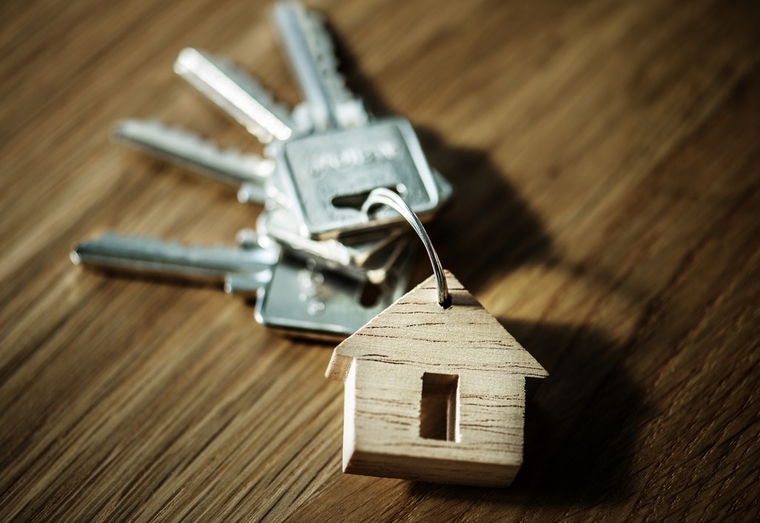When you take out a mortgage, your lender will need to take a number of factors into account before deciding how much interest to charge on your loan. Lenders have to decide how much of a risk you are based on your previous financial history. This is known as risk-based pricing. A high-risk mortgage would be given to someone with a poor financial record.
Why might I be given a high-risk mortgage?
- Poor Credit Score – If you have a poor credit score (i.e. between 0-380), then it is likely that you will be given a high-risk mortgage. You can read more about credit scores here.
- Debt-to-income ratio – Debt to income ratio, or DTI, is the percentage of an individual’s monthly income that goes toward paying debts. This debt typically includes housing expenses, credit card dues and any other loans. If you have a high DTI, then you will be given a high-risk mortgage.
- Down Payment – This is the initial amount that you will pay of your mortgage. The lower the amount you are able to pay, the more your mortgage will be considered a risk by the lender.
How would a high-risk mortgage affect me?
A high-risk mortgage would require a higher level of interest to be paid on your loan. This is because lenders want to be compensated for granting someone who is considered “higher risk” with a large loan.
Example –
Peter and James both apply to take out a mortgage of £200,000.
Peter:
- Credit score – 900
- DTI – 35%
- Is able to place a 15% down payment of £30,000
- Given an interest rate of 5.2% by his lender.
James:
- Credit score – 450
- DTI – 50%
- Is able to place a 5% down payment of £10,000.
- Given an interest rate of 7.1% by his lender.
Peter would appear less risky to a lender because he has a good credit score, a healthy DTI and is able to place a decent down payment on his mortgage.
James, on the other hand, would appear more risky to a lender due to his poor credit score, high DTI and lower down payment. As a result, John would be given a high-risk mortgage and pay a larger amount of interest on his loan than Peter.
How can I avoid being given a high-risk mortgage?
Obviously, having a high interest rate on your mortgage is not ideal. Here are three ways in which you can improve your chances of not being given a high-risk mortgage;
- Improve your credit score – it is vital that you have a good credit score if you want to be given a lower interest rate on your mortgage. You can read our article on how to improve your credit score here.
- Save for a down payment – it may be worth saving up some money before deciding to take out a mortgage, as you will be able to place a higher down payment on your loan. This will reduce your loan to value ratio (LTV) and your lender will consider your loan to be at lower risk. The lower the risk, the lower the interest rate on your mortgage.
- Settle your debts – pay off any debts you have before taking out a mortgage. This will gradually improve your DTI ratio as well as your risk profile. Therefore, when you eventually decide to take out a mortgage, you will be given a much better interest rate.
If you think a high-risk mortgage with a large interest rate may apply to you, it’s important to think about your current financial profile before choosing to take out a mortgage. Speak to a mortgage expert to make sure you go about getting a mortgage in the best way possible.

